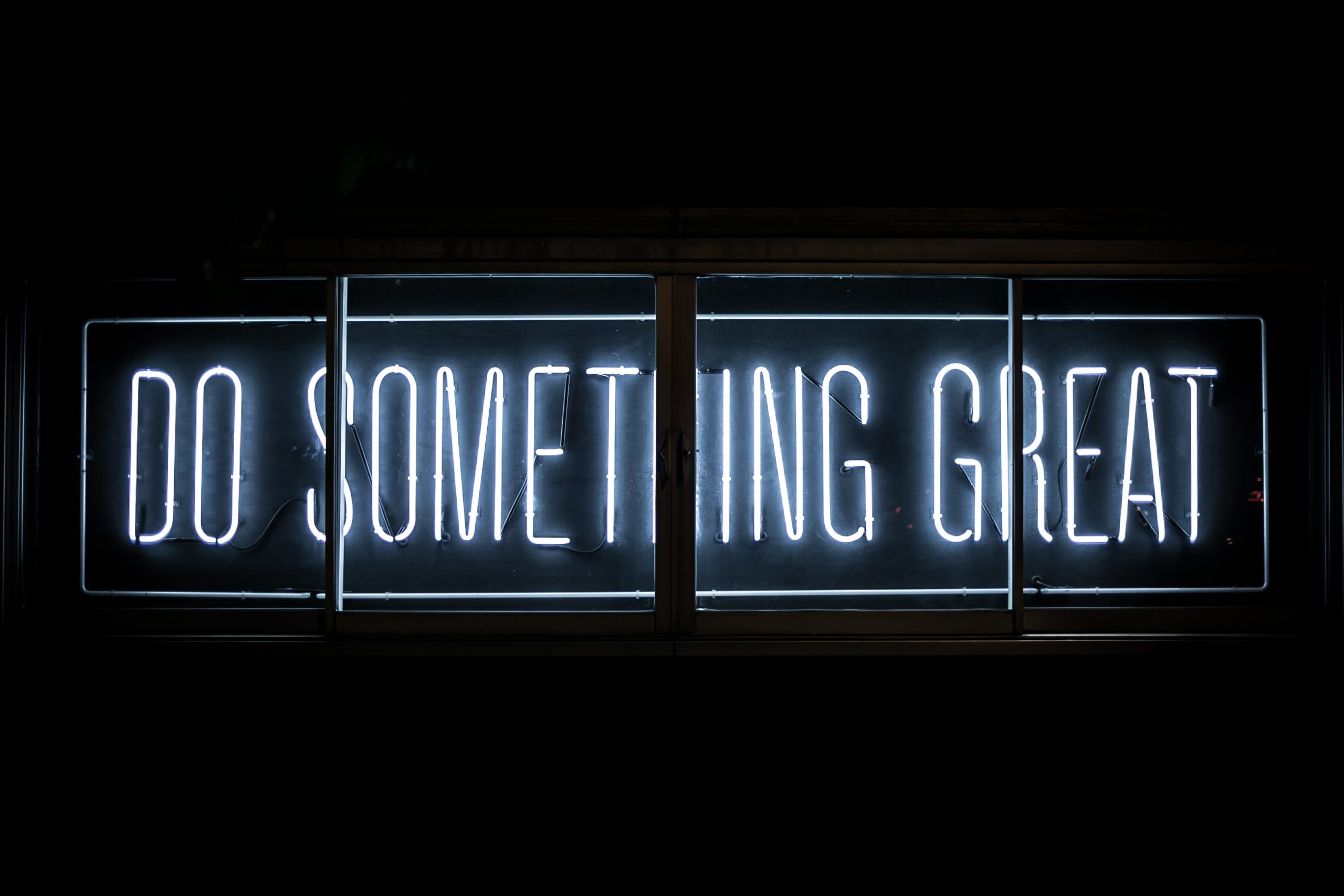In the last ten years or so, podcasts have shot up in popularity, especially for PR agencies. Podcasts about entrepreneurism in particular can be a strong way for top executives and thought leaders to share their success stories and advice for budding business-builders. Every business leader has a strategy to share, and there’s a story behind nearly every company, young or old.
Here at Crenshaw, we represent high-growth tech businesses, so these types of business are extremely useful. The entrepreneurial podcast space can be powerful. They are easy resources for listeners to reference as they are starting their own company or need inspiration on what they can do to propel an idea into a successful business.
In the past, we’ve recommended top retail podcasts PR pros should know for clients in relevant sectors. Here are six of the top entrepreneur podcasts for PR teams who want to secure meaningful interviews in the podcast industry.
The award-winning podcast hosted by John Lee Dumas has over 3,000 episodes where he talks with successful founders and picks apart their entrepreneurial stories in a unique way. Episodes are released almost daily, aimed to inspire and educate would-be entrepreneurs. This is a strong choice for anyone looking for some inspiration to enhance their business or kick off an entrepreneurial journey. At the end of each episode, John asks his guests to share key takeaways for his listeners to use in their entrepreneurial journeys.
Recent Guests: Kevin Moran & Matt Lombardi (Founders of Beam, wellness company), Chad Willardson (Founder & President of Pacific Capital, wealth management firm), Cary Jack (Founder & author of The Happy Hustle podcast)
“How I Built This” is a weekly podcast that offers insights about the most successful people in the world, with a focus on marketing and business. It’s a great listen for those who love hearing motivational stories from highly successful founders about the ups and downs of building a new business. The host, Guy Raz, uses an “everyman” persona to ask his guests the hard questions to understand what it takes for entrepreneurs to succeed. Plus, “How I Built This” features attention-grabbing openers with terrific theme music. It’s an upbeat way to start the day.
Recent Guests: Alejandro Velez & Nikhil Arora (Co-Founders of Back To The Roots, organic gardening company), Don Katz (Founder of Audible), Christina Tosi (Founder of Milk Bar)
Hosted by angel investor Jason Calacanis, This Week in Startups focuses on the tech industry. Jason talks with some of the world’s greatest founders, innovators, operators and investors for in-depth conversations about their business journeys. This is the ideal podcast for those looking to start their own company, seeking strategies on how to improve their business or who just want to stay on top of tech industry and startup news. Calanis also explains to his listeners how angel investing works and how he builds his companies. Listeners will get inspiration from others’ success stories and gain helpful tips on how to keep their startup thriving.
Recent Guests: David Bennahum (CEO of Ready Games, gaming app), Aaron Wright (Co-Founder of OpenLaw, blockchain-based protocol for legal agreements), Ryan Engle (Founder & CEO of Golf Scope, AR app)
Mixergy is a podcast that brings interviews with some big names, but mostly interviews with lesser-known companies. Given that host Andrew Warner interviews lesser-known founders and entrepreneurs, the stories are fresh and typically haven’t been heard before. Warner gives listeners a deeper insight into the successes and failures of some of the greatest thought-leaders today. The goal is to provide tips and strategies on how to succeed and face challenges that may arise when starting a business.
Recent Guests: Craig Hewitt (Founder of Castos podcast and analytics), Sahil Lavingia (Author of The Minimalist Entrepreneur, How Great Founders Do More with Less), Kenny Schumacher (Founder of Delesign)
Hosted by co-founder of LinkedIn, Reid Hoffman, Master of Scale sets out to describe and prove theories that explain how some of the best entrepreneurs succeed. Hoffman and his guests talk about entrepreneurship, leadership, strategy, management and more. Guests share the stories and strategies that helped them grow their startups into well-known successful brands. Along with the success stories, guests share the failures and hardships they have faced as well and what they did to overcome them.
Recent Guests: Eric Schmidt (Former CEO of Google), Beth Ford (CEO of Land O’Lakes), John Foley (CEO of Peloton)
The Tim Ferriss Show is one of the top-rated Business podcasts on Apple. In his episodes, Tim gets the inside scoop from world-class entrepreneurs on their strategies and tactics. This is an educational resource for budding entrepreneurs to listen to as they will hear real and raw conversations about succeeding. The podcast offers business tips, book recommendations, lifestyle hacks and fascinating exchanges. Tim gives his guest scenarios where things go awry and asks them how they, as an entrepreneur, would successfully get themselves out of that situation.
Recent Guests: David Blaine (Magician), Marco Canora (chef, restaurateur and television personality), Debbie Millman (Author, Designer, Host of Design Matters podcast)


